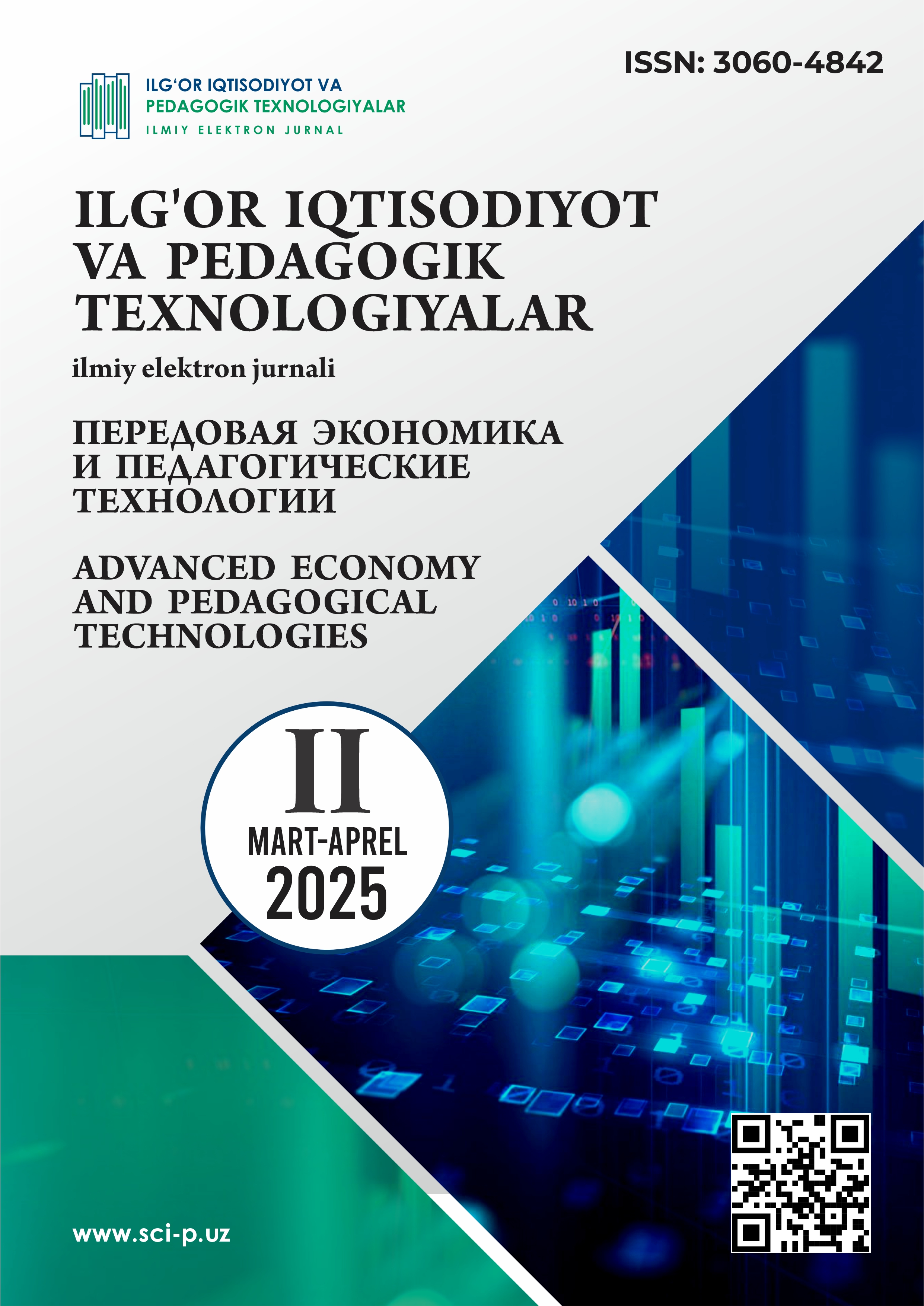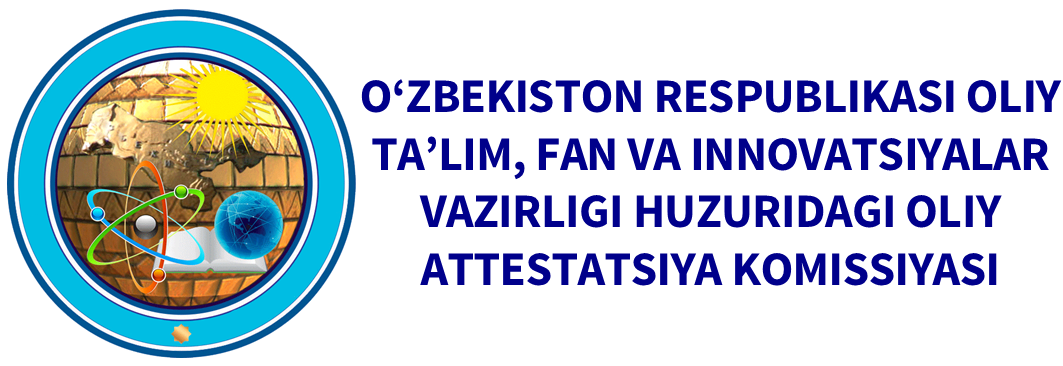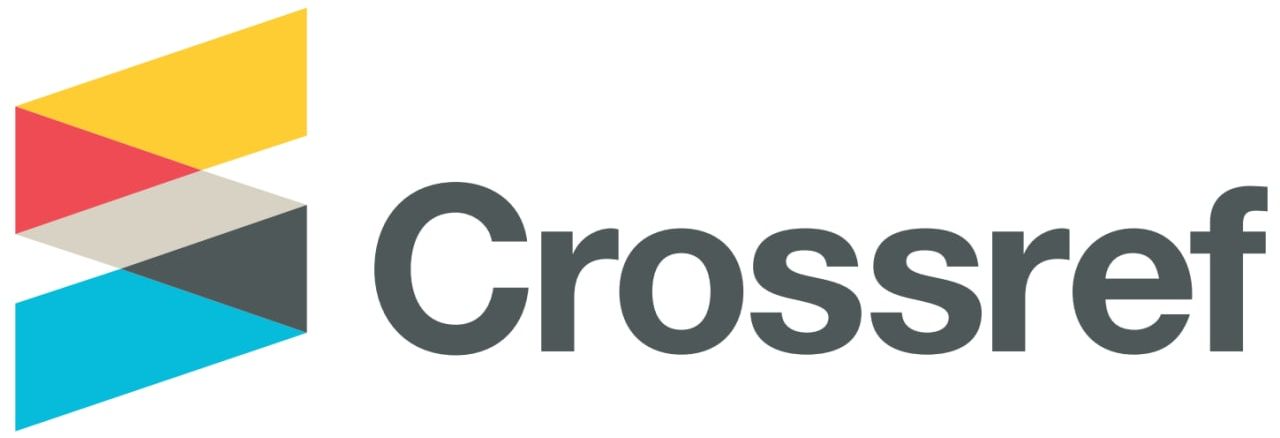ЭКОНОМИЧЕСКОЕ ВЛИЯНИЕ ЦИФРОВИЗАЦИИ В УЗБЕКИСТАНЕ НА ФИНАНСЫ ДОМАШНИХ ХОЗЯЙСТВ
DOI:
https://doi.org/10.60078/3060-4842-2025-vol2-iss2-pp222-230Аннотация
В данном исследовании рассматривается взаимосвязь между цифровизацией и ее экономическим влиянием на финансы домохозяйств в Узбекистане. Целью исследования является определение того, как технологические достижения, особенно в области ИКТ (информационно-коммуникационных технологий), влияют на финансовое поведение и динамику рынка в домохозяйствах Узбекистана. В исследовании используется количественный подход, используя регрессионную модель Тобита для анализа данных, собранных из различных национальных баз данных, включая Uzstat и Глобальный индекс инноваций. Исследование фокусируется на таких переменных, как индекс ИКТ, готовность правительства к интеграции ИКТ и скорость автоматизации, представленная количеством роботов на 10 000 работников. Данные были собраны в течение десяти лет, с 2011 по 2021 год, и проанализированы для выявления значимых корреляций между этими переменными и показателями сбережений домохозяйств.
Ключевые слова:
цифровизация финансы домохозяйств индекс ИКТ УзбекистанБиблиографические ссылки
Abalkin, L.I. (1997). Market economy. Questions of Economics, 6, 3-12.
Abalkin, L.I., Pogosov, I. A., & Glovatskaya, N. G. (2004). Russia's strategic response to the challenges of the new century. Moscow: Exam.
Acemoglu, D., & Restrepo, P. (2019). Automation and new tasks: How technology displaces and reinstates labor. Journal of Economic Perspectives, 33(2), 3-30.
Agibalov, A.V. (2009). Problems of insurance of agricultural crops with state support. Financial Bulletin, 1(19), 35-40.
Agibalov, A.V. (2010). Improving agricultural insurance carried out with state support. Innovative approaches in economic science and education: Collection of materials of the Interuniversity educational-methodical and scientific-practical seminar, 105-111.
Agibalov, A.V. (2014). Assessment of financing of state environmental programs. Financial Bulletin, 1(29), 65-70.
Agibalov, A.V., & Kaptsova, O. S. (2016). State of financial support of state support of the agro-industrial complex. Financial Bulletin, 1(32), 72-80.
Aglotkova, S.V. (2012). Agro-food policy of Russia: Features of development and natural consequences. Agro-food policy of Russia, 11, 7-15.
Allen, F., Demirgüç-Kunt, A., Klapper, L., & Pería, M. S. M. (2016). The foundations of financial inclusion: Understanding ownership and use of formal accounts. Journal of Financial Intermediation, 27, 1-30.
Asian Development Bank. (2021). Digital transformation in Central Asia: Opportunities and challenges. Manila: ADB.
Avdeeva, I. L., Golovina, T. A., & Polyanin, A. V. (2018). State regulation of priority areas of entrepreneurship in the digital economy. Public and Municipal Administration. Scientific Notes, 4, 13-21.
Ayyagari, M., Beck, T., & Hoseini, M. (2013). Finance and poverty: Evidence from developing countries. World Bank Economic Review, 27(1), 57-82.
Brynjolfsson, E., & McAfee, A. (2014). The second machine age: Work, progress, and prosperity in a time of brilliant technologies. W. W. Norton & Company.
Demirgüç-Kunt, A., Klapper, L., Singer, D., & Ansar, S. (2018). The Global Findex Database 2017: Measuring financial inclusion and the fintech revolution. Washington, DC: World Bank.
International Labour Organization. (2021). The impact of automation on employment in Central Asia. Geneva: ILO.
Jack, W., & Suri, T. (2016). The long-run poverty and gender impacts of mobile money. Science, 354(6317), 1288-1292.
Krylatykh, E. N., et al. (2015). Agrarian Europe in the 21st century. Moscow: Summer Garden.
OECD. (2020). Digital economy outlook. Paris: OECD Publishing.
Plotnikov, V. A., & Suleimanova, M. V. (2019). Analysis of models for ensuring national food security. Economics of Agricultural and Processing Enterprises, 5, 7-12.
Stiglitz, J. E., & Greenwald, B. (2014). Creating a learning society: A new approach to growth, development, and social progress. Columbia University Press.
Suri, T., & Jack, W. (2016). The impact of mobile money on poverty alleviation. American Economic Review, 106(3), 1111-1145.
United Nations Development Programme (UNDP). (2022). Digital finance and financial inclusion in Uzbekistan. Tashkent: UNDP.
World Bank. (2019). The digital revolution: Impact on finance and development. Washington, DC: World Bank.
World Bank. (2022). Uzbekistan’s path to a digital economy. Washington, DC: World Bank.
World Economic Forum. (2020). The future of jobs report 2020. Geneva: WEF.







